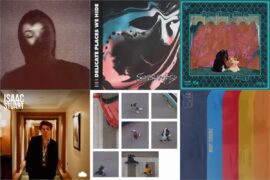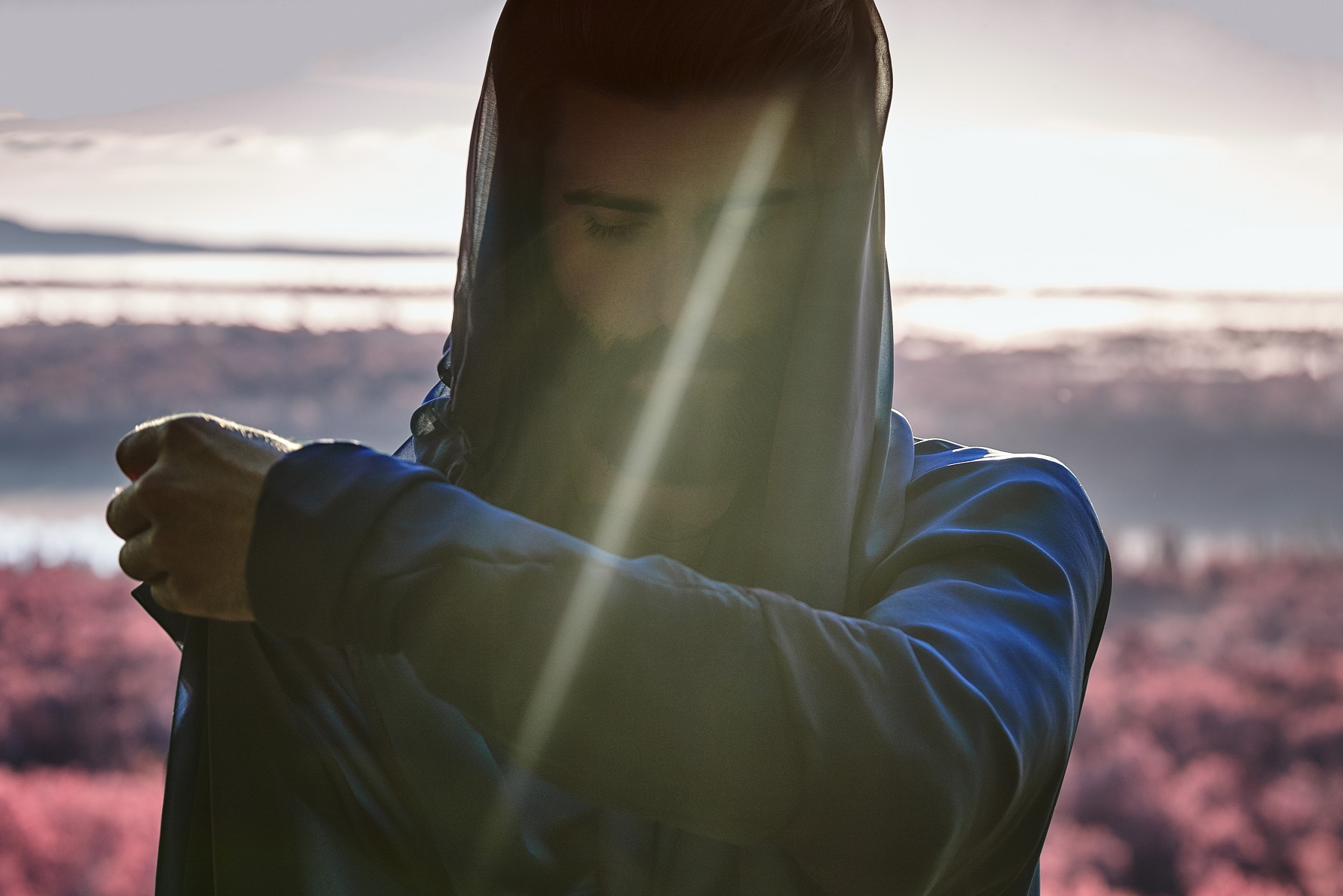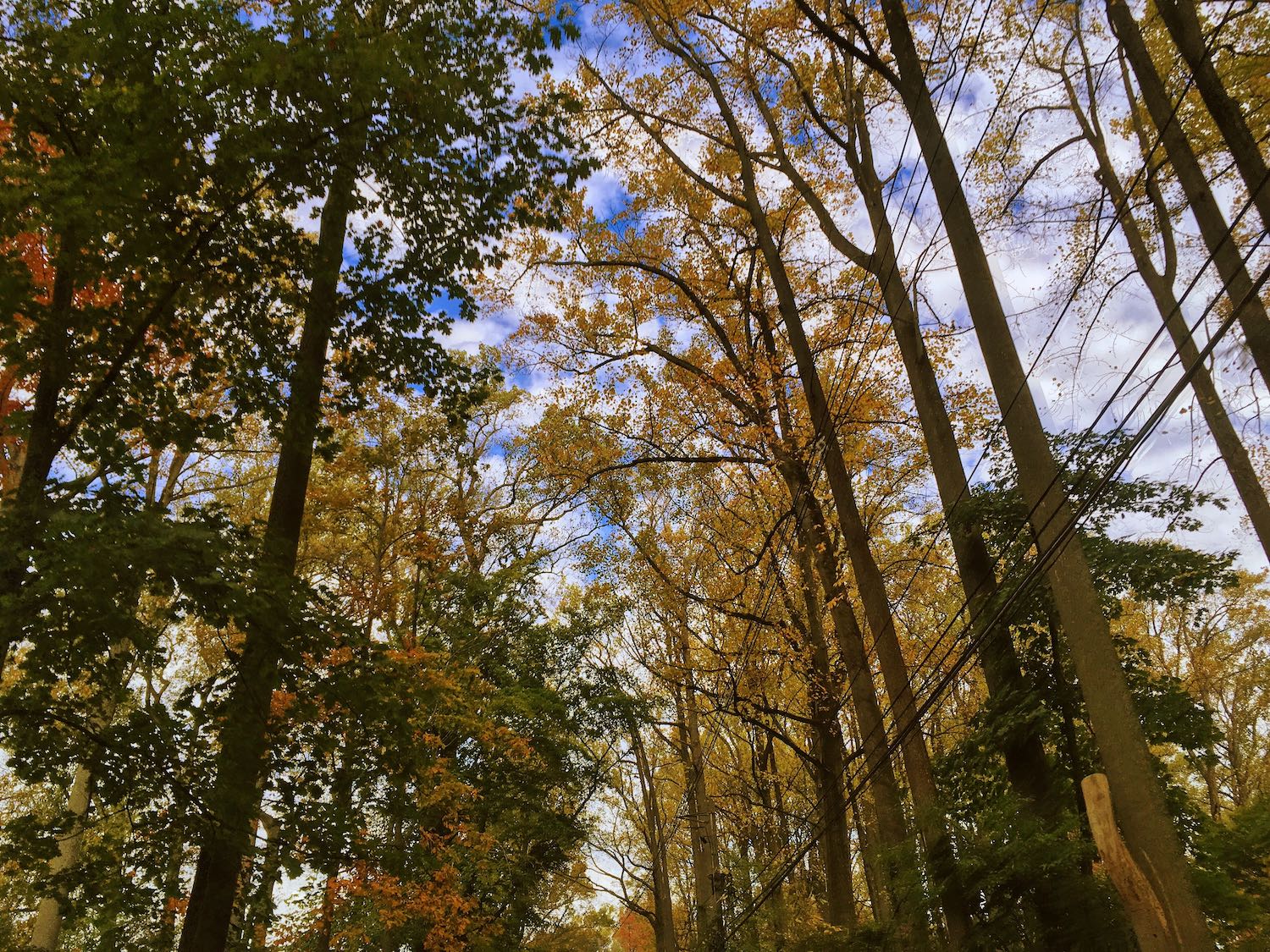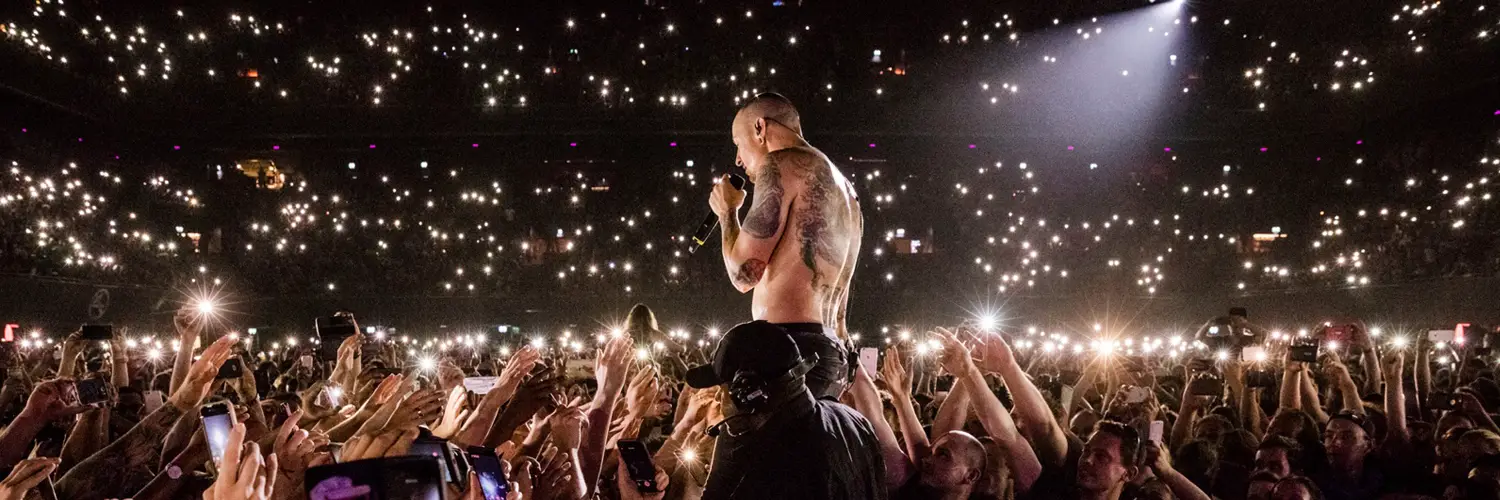After her historic signing with Glassnote Records, Atwood Magazine caught up with Mexican artist Silvana Estrada on her new single “Para Siempre,” what the upcoming album ‘Marchita’ means to her, and the power of Mexican folklore.
•• •• •• ••
“All my music is in Spanish. Why do you want to work with me?” Music’s ability to transcend language barriers remains one of its greatest strengths – so passionately bringing people and communities together as the majesty of rhythm and melody enrapture its fans of all types. Music is not something to be hidden nor lay dormant; it deserves to be heard, a notion Glassnote Records saw fit to actualize when they met with Mexican artist Silvana Estrada earlier in 2020. What came after was Estrada becoming the first Latin artist signed to the label.
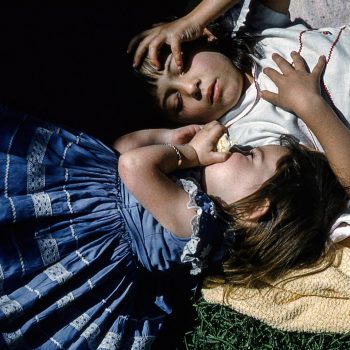
Born and raised in Veracruz, Mexico, but now living in La Ciudad de Mexico, Silvana Estrada is an artist whose talent and artistry are of the highest caliber, a singer-songwriter that brings to life the joys and pains of existence in a truly unmatched manner. One needn’t look any further than her latest single “Para Siempre” for proof. Released in conjunction with her signing, the song is a cover of CHVRCHES’ “Forever” but done so with a classic Mexican twist.
Grown out of the Mexican Revolution as a way to showcase and highlight Mexico’s beauty, ranchera music offers personal storytelling that provides listeners with a visceral image of the artist’s true self. It’s steeped in emotion, and Estrada has crafted her own in the genre and has done so with poise and total beauty. With influences from Veracruz’ son jarocho genre of music, Estrada took these styles and shaped “Forever” into something wholly new. “Para Siempre” is a gorgeous undertaking and the perfect introduction for American listeners who may have been missing out on her sound.
More than an introduction, the song offers a sneak peek at what is to come with her future album, Marchita. Compared to Estrada’s prior album, Lo Sagrado, Marchita aims to present a more conceptual experience. Though a global pandemic is underway Estrada is still persevering in the album’s creation, its release becoming closer and closer each day. Atwood Magazine spoke with the artist on its creation and the story behind it, diving into Estrada’s own relationship with Mexican folklore.
During our conversation, we began with simple pandemic life updates and living situations. “I guess it’s getting better,” Estrada explains, “but it’s been for so long now. I feel like I’ve been in my house the whole year now. Now it’s September and yesterday feels like with just April.” Despite the circumstances, she chooses to stay hopeful. “I’m just happy that I’ve been able to make songs and make music. That’s my joy – that’s my daily joy.”
As we continued, Estrada went into detail with Atwood Magazine on her reaction to the Glassnote Records signing, her process behind “Para Siempre,” and how Marchita is shaping her present and future self. Grab all the info in our exclusive interview!
— —
Listen: “Para Siempre” – Silvana Estrada
A CONVERSATION WITH SILVANA ESTRADA

Atwood Magazine: For starters, I feel congratulations are in order. The Glassnote signing, “Para Siempre” releasing – August seems to have been a good month.
Silvana Estrada: Thank you, thank you! I’m really excited and I’ve been kind of working to get to this point and having this is so nice. I’m glad I’m working with Glassnote and finally finding a home for my upcoming album, Marchita. And like you said, we already released “Para Siempre” and it was such an experience. It’s a cover of “Forever” by CHVRCHES and they are also with Glassnote, so I was really feeling at home with it.
Speaking of ‘’Para Siempre,’’ it is such a lovely rendition. It truly feels like a completely new song and it’s such a great listen. You mentioned the impact the original ‘’Forever’’ from CHVRCHES had on you, so when was the moment you wanted to make a cover on it?
Silvana Estrada: The story’s just so nice and it was just having such a big moment when I started with Daniel and Glassnote. Daniel told me “hey, give this song a listen. It’s huge in Latin America right because it’s on the show ‘Elite.’” He mentioned how it was in English but how many Spanish speakers were listening to it and he was really chill about it, just saying “give it a listen and tell me what you think, okay?”
And then I hear it and it was so different from what I do. I mean, “Forever” is the complete opposite of what I do – in another language, full of synths, has an electronic vibe, and it has a really high energy kind of pop sound. In the beginning, I knew this was going to be so hard, like a total challenge, but I liked that.
The first thing I did was translate the lyrics and then I better understood how much the song is about love. Reading the lyrics makes you realize it’s a really sad song about losing someone. When first listening to it, it’s just a really well-made pop song. So as I was translating this song, I understood that it was a really heavy, sad song – also in Spanish everything sounds really heavy all the time [laughs] – and then, I don’t know.
I took my cuatro, you know, my Catarina Solano – the instrument I play, a little guitar from Venezuela – and I didn’t really change the melody or harmony. I did what they did and it turned into a beautiful kind of ballad folk song, so I just loved it. I was amazed. I didn’t expect that. I then sent my version in like a really horrible audio format, you know? Just on an iPhone. So I sent it to Daniel and he was like, “we’re going to do this. We have to do this.”
The music video for ‘’Para Siempre” is also no light watch. What was the idea behind the video, and were you a part of its direction?
Silvana Estrada: Well, I mean, speaking the truth, we were not sure if we were going to make a video clip, but then my friend Julio Llorente, who is a really great filmmaker from Madrid, Spain, he just heard the song and he was, I mean, he just came to me and he just showed me this perfect script of what he was thinking of this song in terms of a movie, you know, like a video clip.
And yeah, he was so on it, he was like, “we need to do this video, and it’s going to be like this and like that,” and, you know, he has so much energy on it. And I really, I really loved it. I mean, what we did, it’s, I don’t know, it’s a… I feel like, the sense of losing someone, you can get it there in the video.
And also, you know, I feel like it’s so important right now to have the perspective of women, you know, in all their… in all the spectrum of what women can be. So for me, it was really nice to be able to make this video. Also, I don’t have too much experience making video clips. I’m really… I don’t know. I really like making songs and singing this song [laughs].

For the upcoming lyric video, it was a nice change of tone. These outdoor shots of recording in the wilderness, the smiles, and laughter – how typical of a recording session is this?
Silvana Estrada: It was definitely a special one. Do you know… well, maybe you don’t. I try to record my music in this beautiful studio in La Ciudad de Mexico called El Desierto and it was so special to record it there because it’s just this wooden house in the middle of the forest and you never know when you’re inside or outside because there are plants everywhere, even inside the house! [Laughs] So it was so special to work there. For this heavy song…. I also recorded there my album, so it’s important to me because I grew up in this environment where I could always go outside, breathe fresh air, and go inside and still feel as if I’m not stuck in an elevator going to some 10th floor.
So it’s really important to feel that way when I’m recording because I feel that when you’re recording you kind of return to your childhood in a way because you’re playing, you’re so happy, and you’re just making what you love. I feel like there’s this really beautiful spirit like, yeah, this period of childhood. I don’t know [laughs]. You’re just playing trying things and you’re curious and if you failed, doesn’t matter because you’re having fun. So, I mean, that’s my approach to the studio.
Something that stuck out to me were the musical influences of yours. From José Alfredo Jiménez to Billie Holiday. What I love about it is that it showcases music’s ability to transcend language barriers, something your music and most recently ‘’Para Siempre’’ has shown to a great degree. But beyond that, ranchera and blues/jazz are born from emotion, something that is clearly evident with your own music. What makes the outpour of emotion so enticing to you, both as a fan and as an artist?
Silvana Estrada: For me, it’s so important to feel like…the music is the language and then the language is just something…. like, gravitating just around the music. As you were saying, blues or ranchera or son jarocho, you know…. Billie Holiday and José Alfredo Jiménez had a lot to do with it, you know? It’s music that comes from the heart. And there’s this deep sense of pain sometimes. But every time, the main thing, when they’re singing, is, I think, is beauty. And for me, it was… it is. It’s so important for me to be connected to my emotions, but no matter the language, I’m connecting my soul with something bigger and something that feels like I’m not me anymore.
It’s something that is even bigger than me, or bigger than anything that I thought I could do. It’s just… I get to this place, or I get to this point, you know, where I’m singing or when I’m composing that I don’t… I like to use the language that I know better, of course, Spanish, but I don’t… I don’t pretend to only speak to Mexicans, for example, or people who speak in Spanish. I want to touch people and to connect with people because at the same time I’m connecting with something bigger.
So for me, and this song, it’s also an example of that, you know? It’s a song written originally in English, but then the song has this full, beautiful life in another language, you know, in Spanish. And I’m really sure that wasn’t a plan at the beginning when they were making this music. It’s funny that you say it because I feel like that’s what happened with Daniel Glass. You know, when I started to work with Glassnote, they… I was like, “thank you so much I’m honored but why me? Like, all my music is in Spanish, you don’t speak Spanish. Why do you want to work with me? What is this all about?”
Then, Daniel was like, “I’ve been trying to work with something and with someone who makes music in Spanish and to work with this Latino environment, but I never had this experience of hearing something and getting actually moved, like, really moved, without knowing the words. And for us, it was so important to have you because we get that from you and your music.” So yeah, that makes total sense for me and I guess that’s why we’re working together now [laughs].
Watch: “Para Siempre” – Silvana Estrada
That’s so incredible. On the topic of this type of music, was this genre very common for you growing up? Were your parents very much into this heavier type of music – ranchera – and was it common for you?
Silvana Estrada: I grew up surrounded… both of my parents were musicians. My dad is a double bass player and my mom is a clarinet player, but also 20 or 30 years ago they also made instruments – violins, double basses, violas, and cellos. Yeah, I grew up surrounded by classical music but also folkloric music.
So, yeah, ranchera, music from Argentina, you know, like zamba Argentina, or some samba Brasileña, and also a lot of jazz. When I was around 12, I got really crazy about Billie Holiday and Ella Fitzgerald. Everybody was dealing with their teenage… I don’t know. Just pop music, and I was really into sadness [laughs] or something like that.
I always felt this connection to this type of music and I feel like it’s really the same thing… when I’m hearing, for example, Violeta del Carmen Parra Sandoval – a songwriter from Chile – and she really, I mean, she was so strong and so beautiful and so sensitive. And then when I hear, I don’t know, Chet Baker, I get the same feeling of intimacy and fragility.
I think it’s kind of funny hearing your experience with music growing up because I… well, to explain, my family and parents are from Aguascalientes, and...
Silvana Estrada: Oh really!? I guess that explains your name Adrian Vargas [laughs].
That would certainly be the reason why! But yeah, I think it’s funny because I was for sure on the more pop side. My parents, mainly my mom, would always play Timbiriche or Luis Miguel – both of which are great – but it just took a while to start listening to more of the music ingrained in Mexican culture, and a lot of I heard after visiting my abuelos in Mexico. It’s just interesting to hear the opposite for you in a sense.
Silvana Estrada: It’s really beautiful here in Mexico that we have all of this folklore – like Chavela Vargas or José Alfredo – happening but… you need to really want to hear it, you know? We are really surrounded by Luis Miguel or José José, and, I mean, I love those guys. Of course I love them, but if you want to go a little bit into the folklore, you have to work a bit. Not as much anymore, but back then I would have to go into a specialty music store and find this weird compilation of greatest hits, but it was fun.
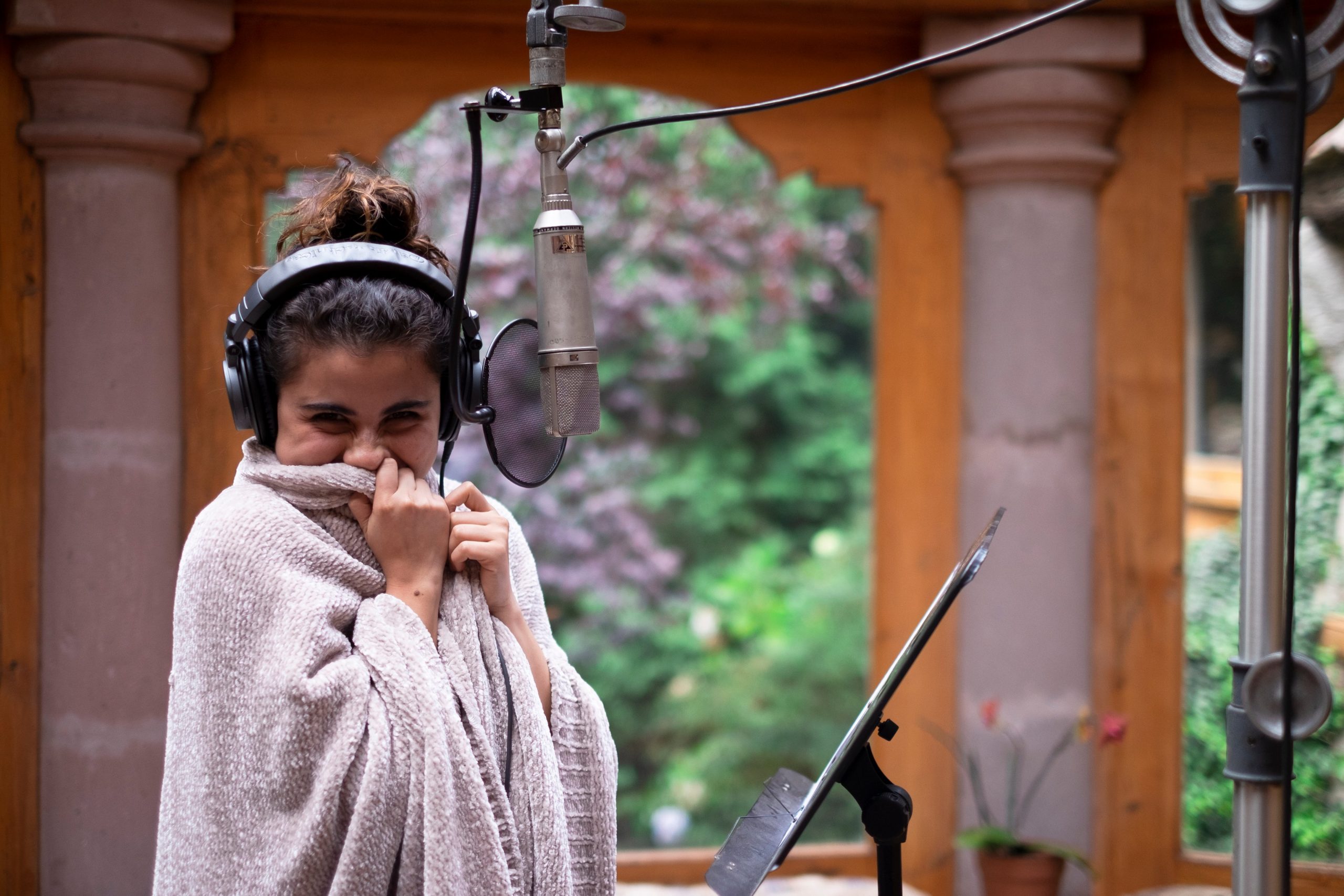
For the upcoming album, Marchita, it seems this will also be a personal journey and emotional listening experience. How has the process been so far?
Silvana Estrada: Yeah, Marchita… the music is ready. It’s really such a beautiful album and right now it’s the love of my life [laughs]. It’s… I always forget the word, but it’s really a conceptual album. It has this beginning and end of a journey about healing. It can look really dark, but If you really open your heart, you will find it’s a healing album. It’s just this journey of understanding of what happens to love when it goes away.
It’s so connected. Every song is connected with the next one and then it’s connected with the past one. So, yeah, it’s a conceptual album, and right now we’re working hard to get this video album for Marchita because I didn’t want to only make video clips for the singles only, right? It’s a unity I wanted to respect, so we wanted to make this long-form video to tell its story almost like a movie.
So we are working on that right now and it’s harder than we thought [laughs] also because of the pandemic, but, for me, it’s really important to do it that way. It’s a really, important album and it’s the kind of music I always wanted to hear growing up and even now. Sometimes I really want to hear a song or album that, you know, that talks about love but in a sense of healing, not pain. I was really into telling the story – the good and the bad.
There are some types of albums that I like: the sad ones and the happy ones, and I wanted to just do Marchita. It is what it is, and I just wanted to be transparent.
Now, I’m imagining the circumstances surrounding Marchita are pretty different from Lo Sagrado. So how did you first approach Marchita compared to Lo Sagrado?
Silvana Estrada: I think the principle difference with Lo Sagrado is that it came from a beautiful moment where my friend Charlie Hunter told me “hey, we need to do this because I really like your music.” It was relaxed and happy and funny. Almost all the songwriting was… it was the less important thing. I felt that way because if you are Charlie Hunter, the main thing is the rhythm and the groove. That’s the way we worked but in our own style. We were these young jazz students that played folklore.
So, for me, it’s this weird folkloric album and the songs are probably less deep and more images. I remember reading my poems and just choosing and just choosing two or three to put music with. And then Marchita is this understanding of “Okay, I’m a singer-songwriter. This is what I do, this is what I feel.” So I need to put this out – put these feelings out the best way I can.
It was a really lonely process, I think that’s a huge difference. Two years of writing by myself, you know, sitting in my home, working on the songs, and trying to be honest and transparent and to feel proud of it. After Lo Sagrado, I learned it was really important to feel proud of what you do because if you don’t feel proud and you put it out, it’ll just become this weird feeling that stays with you for a while. So, yeah, this process was lonely and I was just trying to feel all the possible things that this music was trying to tell me.
At the end, we just went to the studio – well, Marchita actually has a longer [laughs] – but we went to the studio, it’s me and everybody was working for the song and for the songwriting. I think that’s the biggest difference. Marchita has all the heaviness in the words, not the instruments or the arrangements.
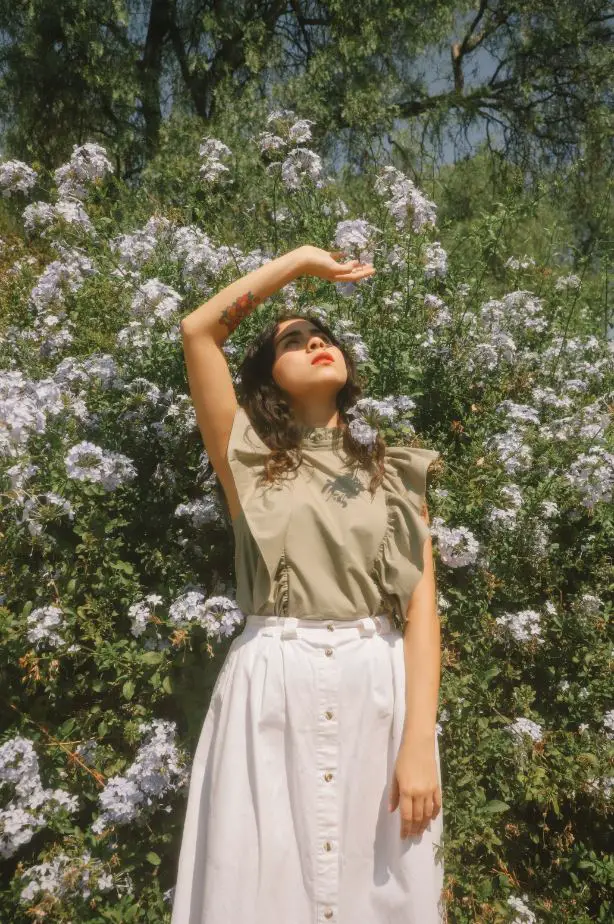
When looking back to when you first started making music, how do you feel you have developed as an artist and as a person?
Silvana Estrada: Well, the whole time I feel it has been a beautiful process of me growing, especially because you are not aware of it – you’re just growing. When you’re following your heart and you’re grateful for it and you’re just learning all the time… this is the hard part but when you stop blaming yourself for things when you fail, I think that’s when you can grow as an artist and as a person.
At some point, this work and just as a person, it’s all the same. It’s the same thing. Your work is going to put you in really strange situations, but who is going to deal with those situations? It’s you, you as a person. So you really need to be aware of who you are, what you want, and what you don’t want. As an artist, you need to take care of yourself because you are making something that can be loved or not. You need to be calm.
You really just need to take care of yourself, just like a normal person, too. You have to decide who you want to be. And this is also the care you need to put on your development as an artist. It’s something to always remember and something I do.
Last question for you: even though the world is a bit bleak right, what is exciting you the most about the future and career? Any directions, or new territories, you are looking forward to exploring even beyond the new album?
Silvana Estrada: It’s so weird to think about the long-term, but I’m really excited to travel again. I really want to make this beautiful tour in the United States. I’m really excited to start to sing and share my music. And right now, America as a continent, we are alike in our social problems, and I am excited to share and see what can happen. We’re neighbors, you know? With or without that wall, we’re close, and it excites me thinking about visiting.
Also, I’m excited to work in some movies. Making the music for a movie is something I want to do in the next few years. I don’t know, I’m just happy creating. After this pandemic, after Marchita, I have another album I’m working on. I really want to go again in the studio and be a child again, be happy like I was nine years old, and make another album so I can start working again.
— —

Connect to Silvana Estrada on
Facebook, Twitter, Instagram
Discover new music on Atwood Magazine
? © Edwin Erazo
:: Stream Silvana Estrada ::


